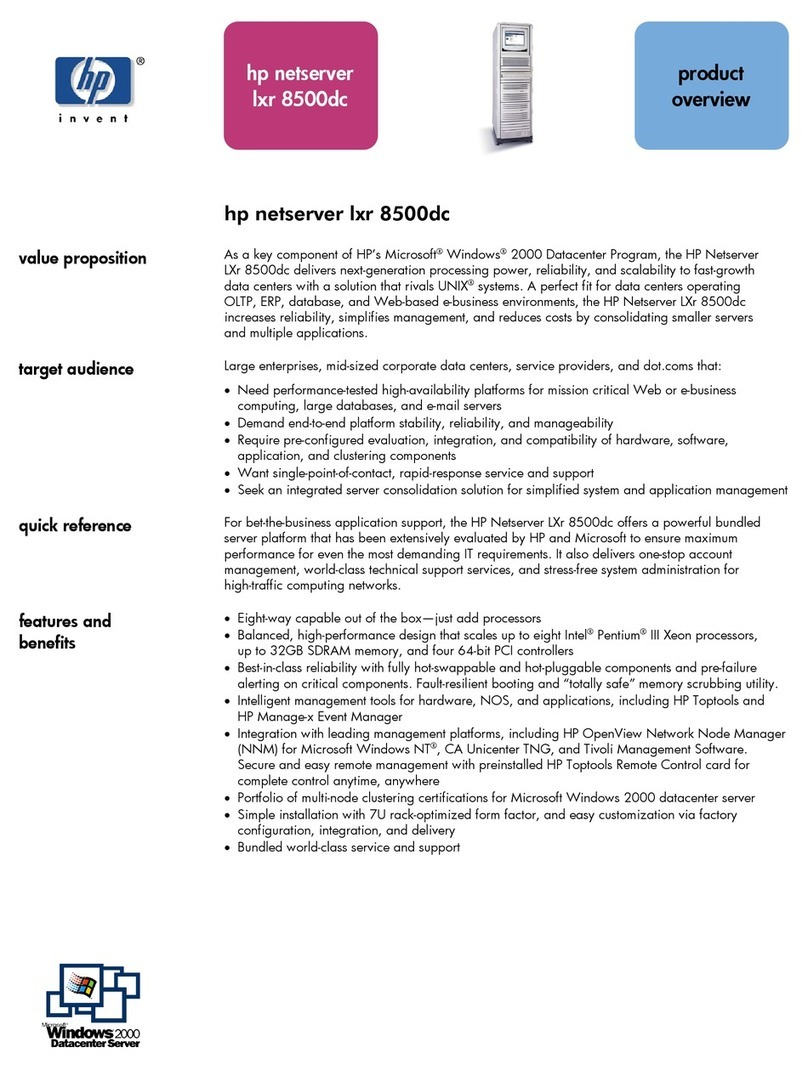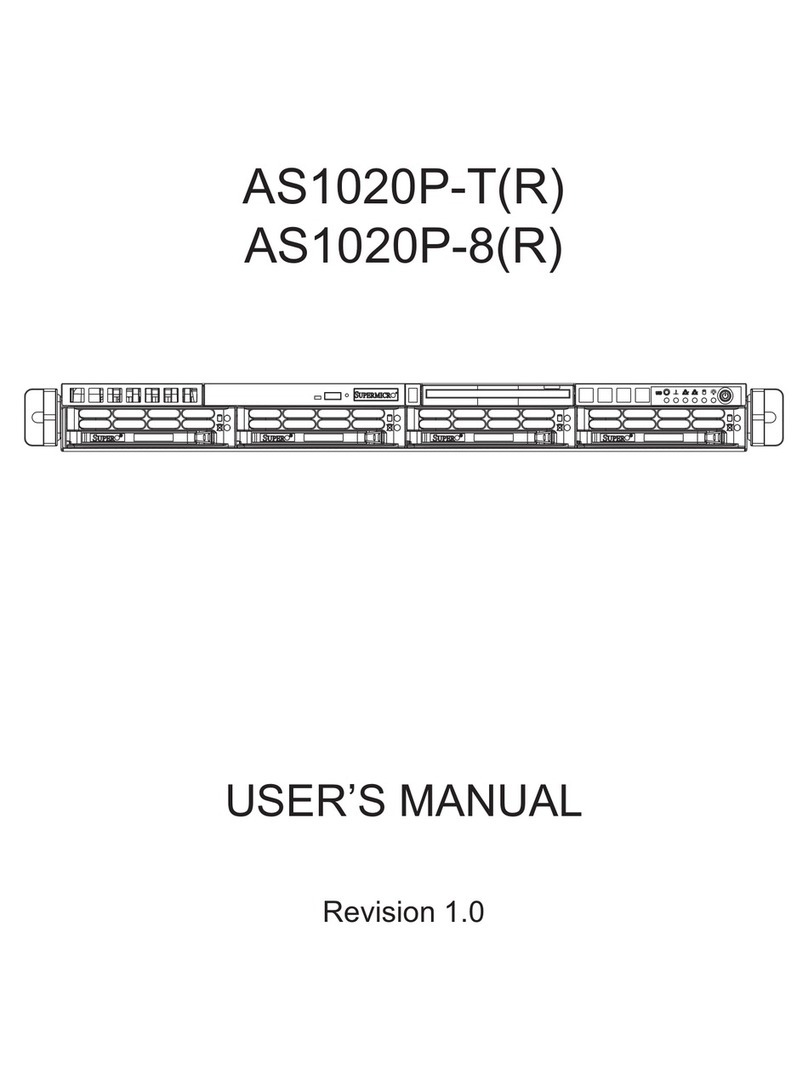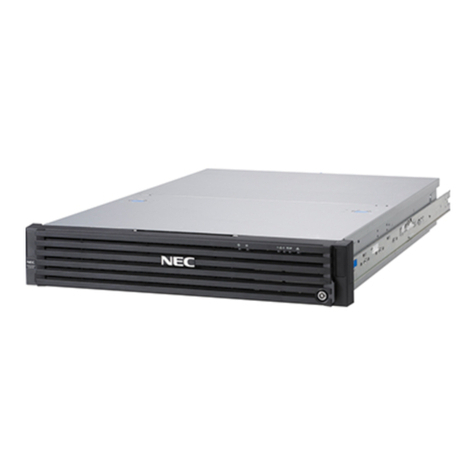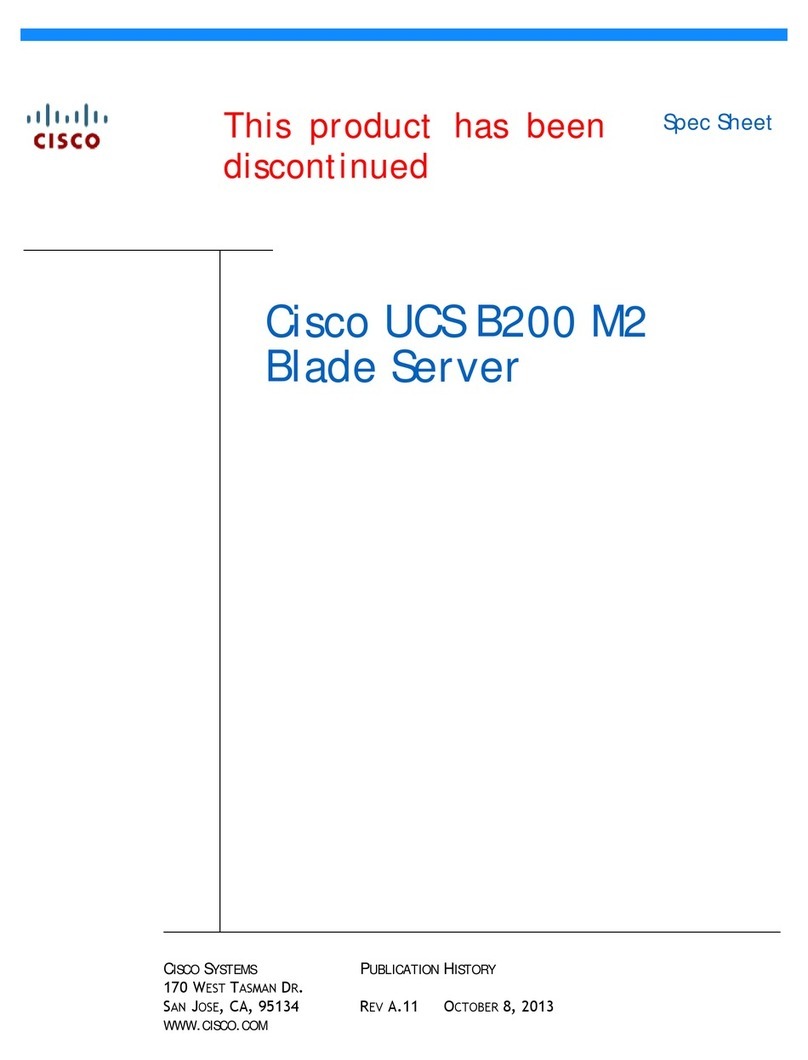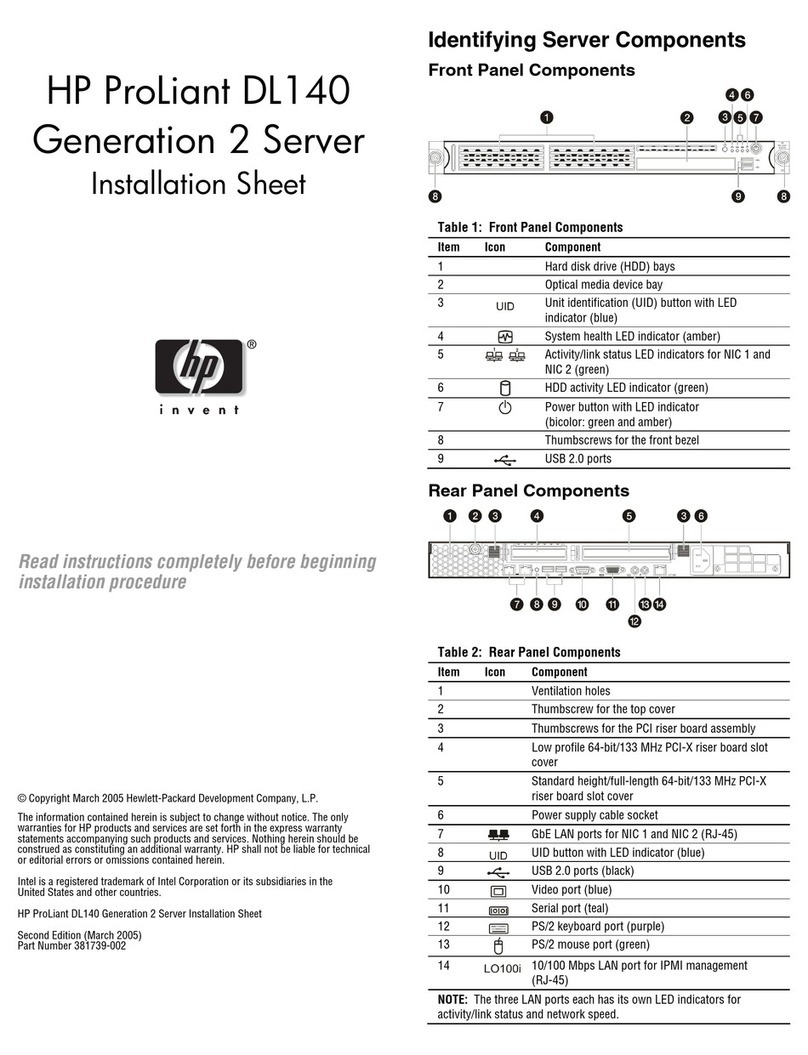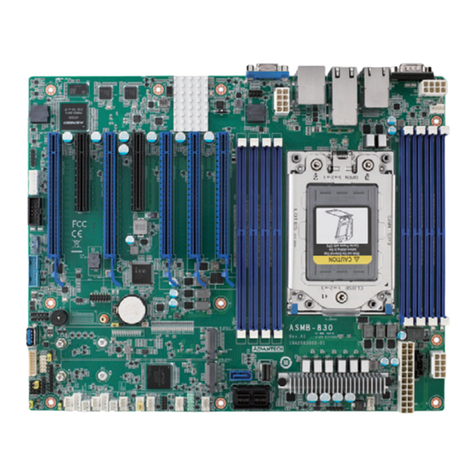Sferalabs Strato Pi CAN SPBC12X User manual




















This manual suits for next models
14
Table of contents
Other Sferalabs Server manuals
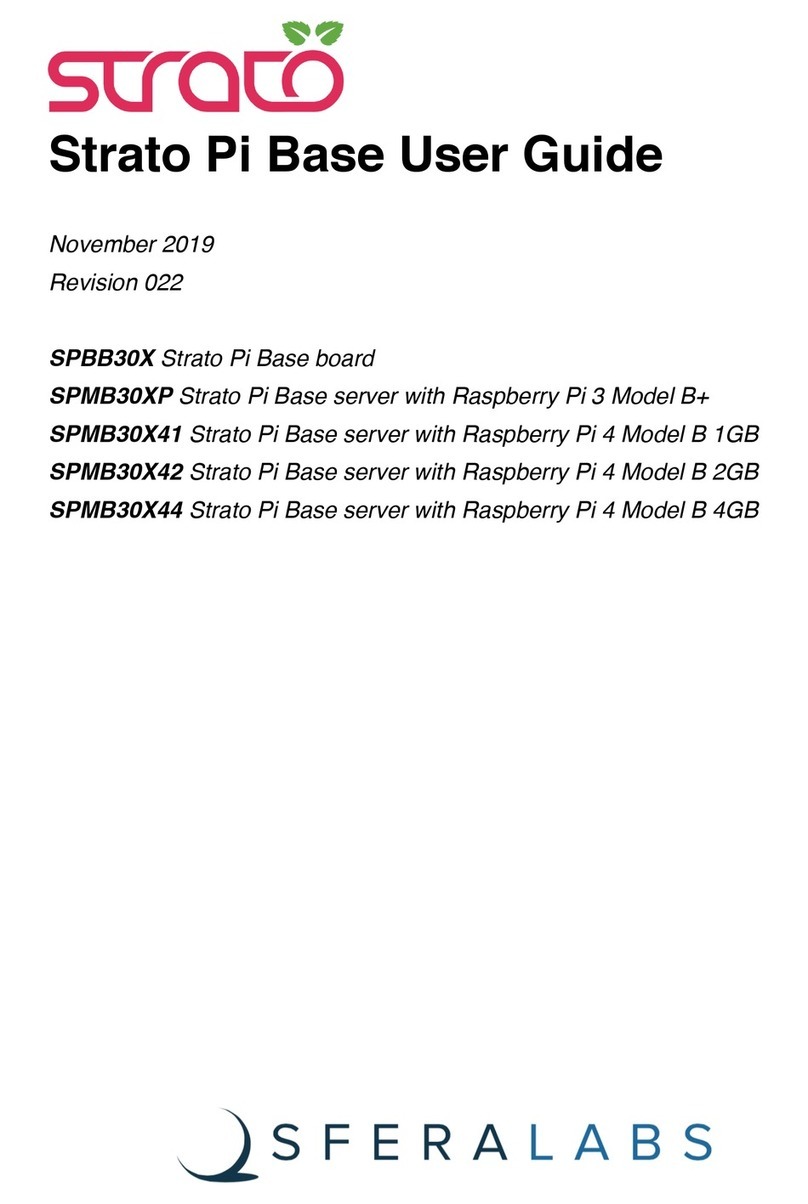
Sferalabs
Sferalabs Strato Bi Base SPBB30X User manual
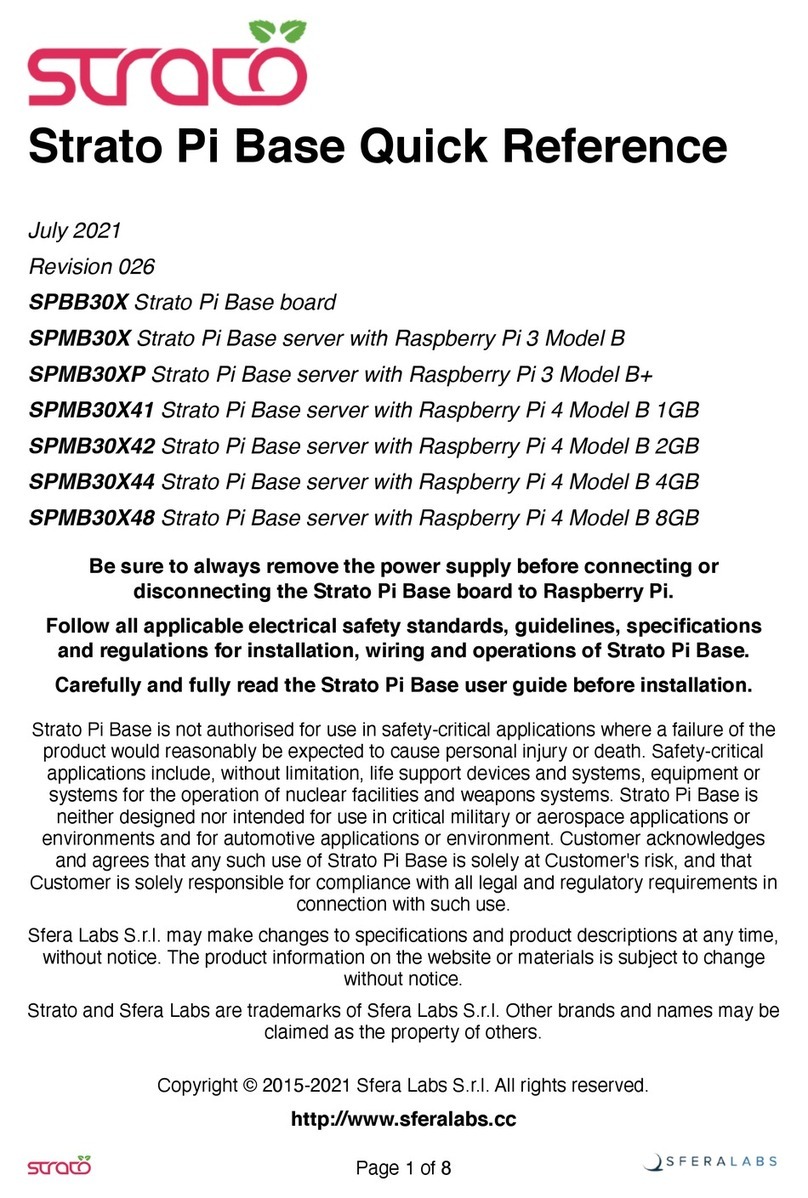
Sferalabs
Sferalabs Strato Bi Base SPMB30XP User manual
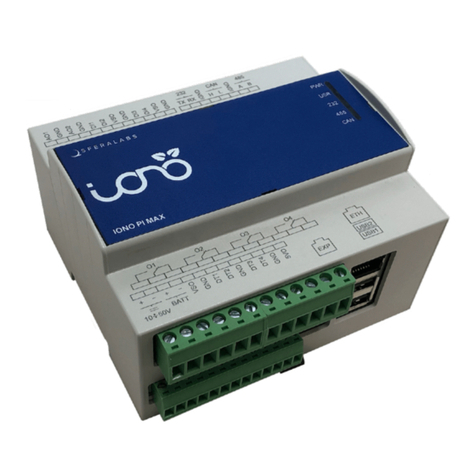
Sferalabs
Sferalabs Iono Pi Max Series User manual
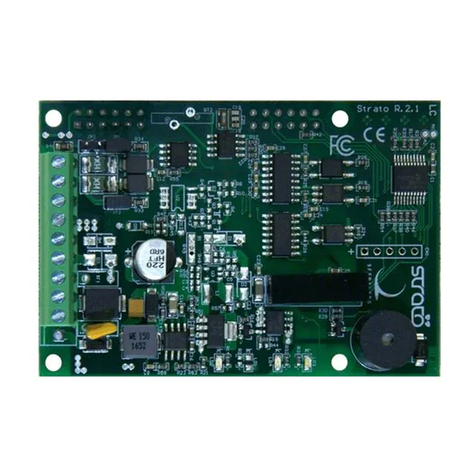
Sferalabs
Sferalabs Strato Pi Base User manual

Sferalabs
Sferalabs SPBB21X User manual
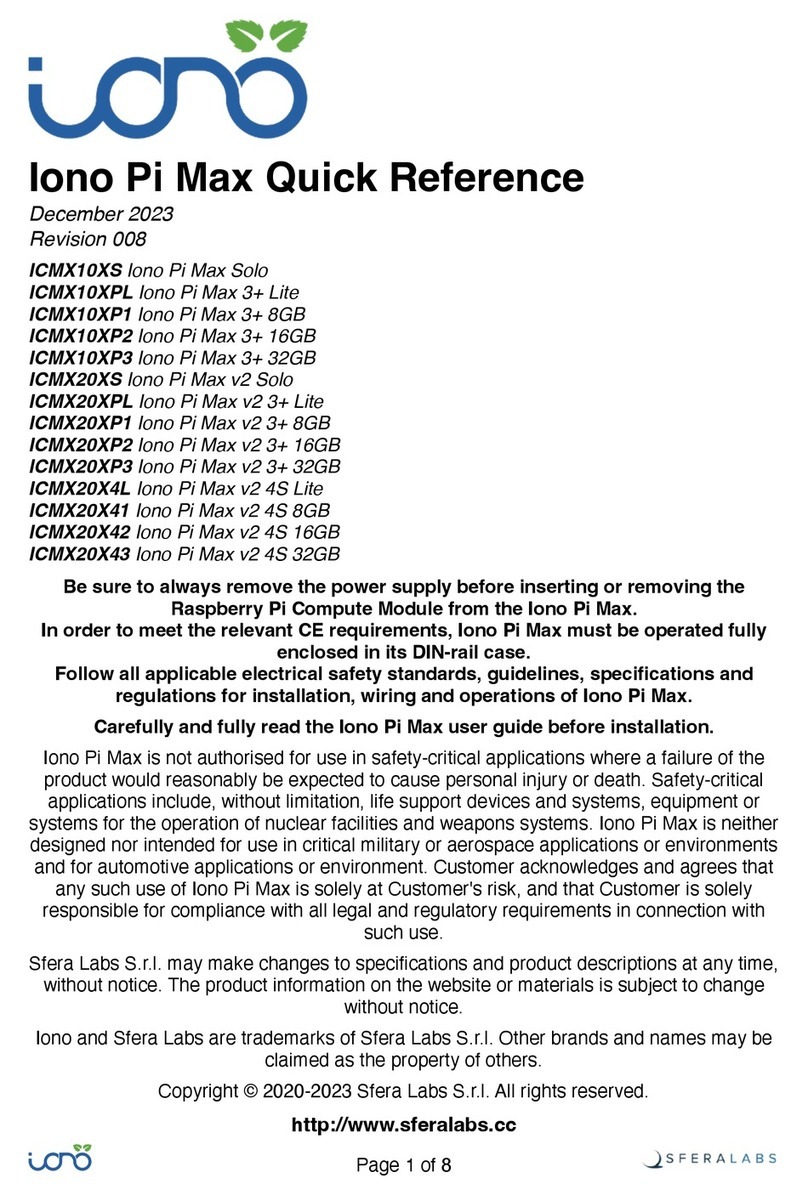
Sferalabs
Sferalabs Iono Pi Max v2 Solo User manual
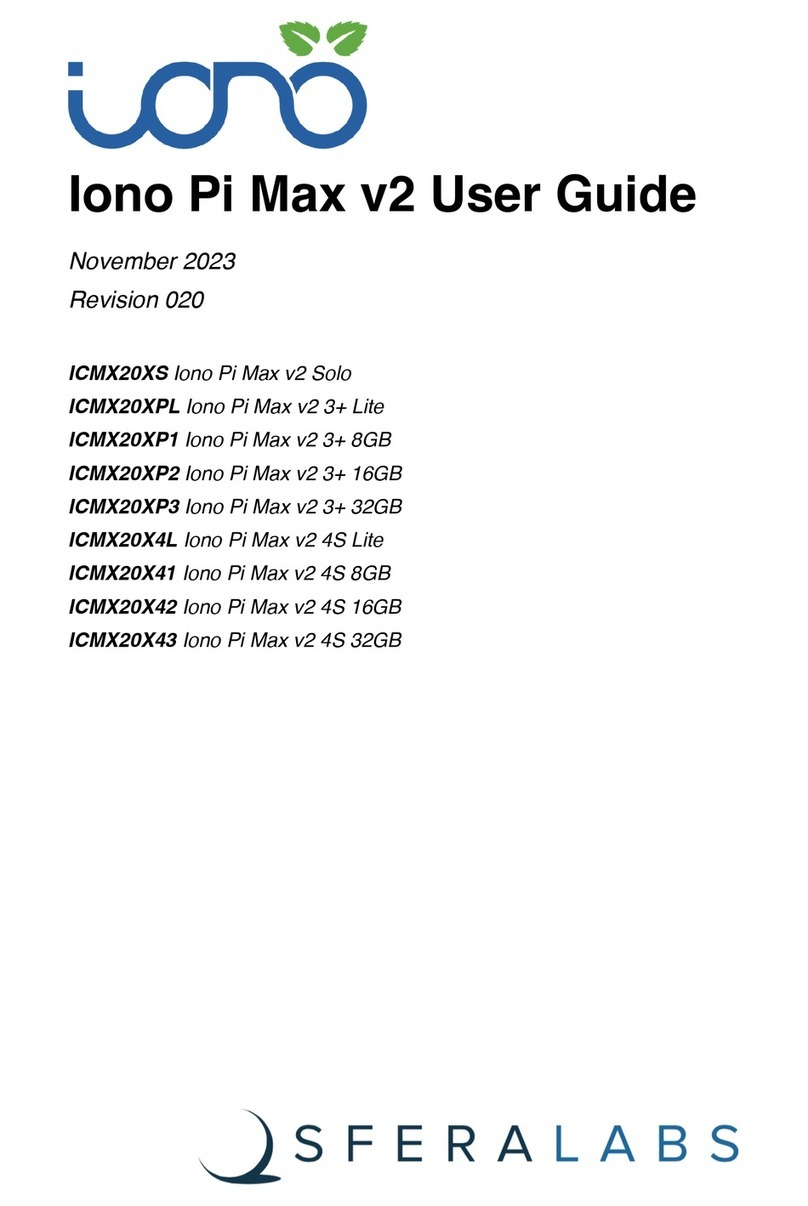
Sferalabs
Sferalabs Iono Pi Max v2 3+ Lite User manual

Sferalabs
Sferalabs Iono Pi Max 3+ Lite User manual
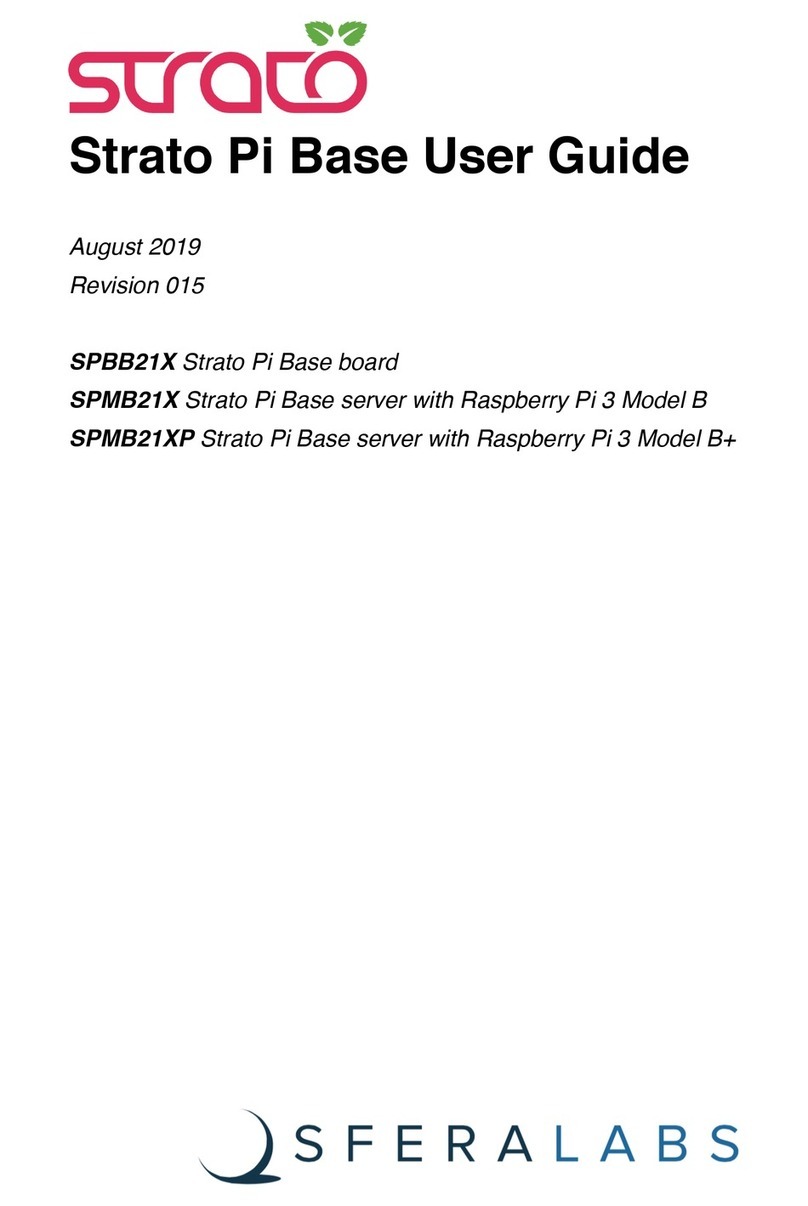
Sferalabs
Sferalabs SPMB21X User manual

Sferalabs
Sferalabs Strato Pi UPS User manual
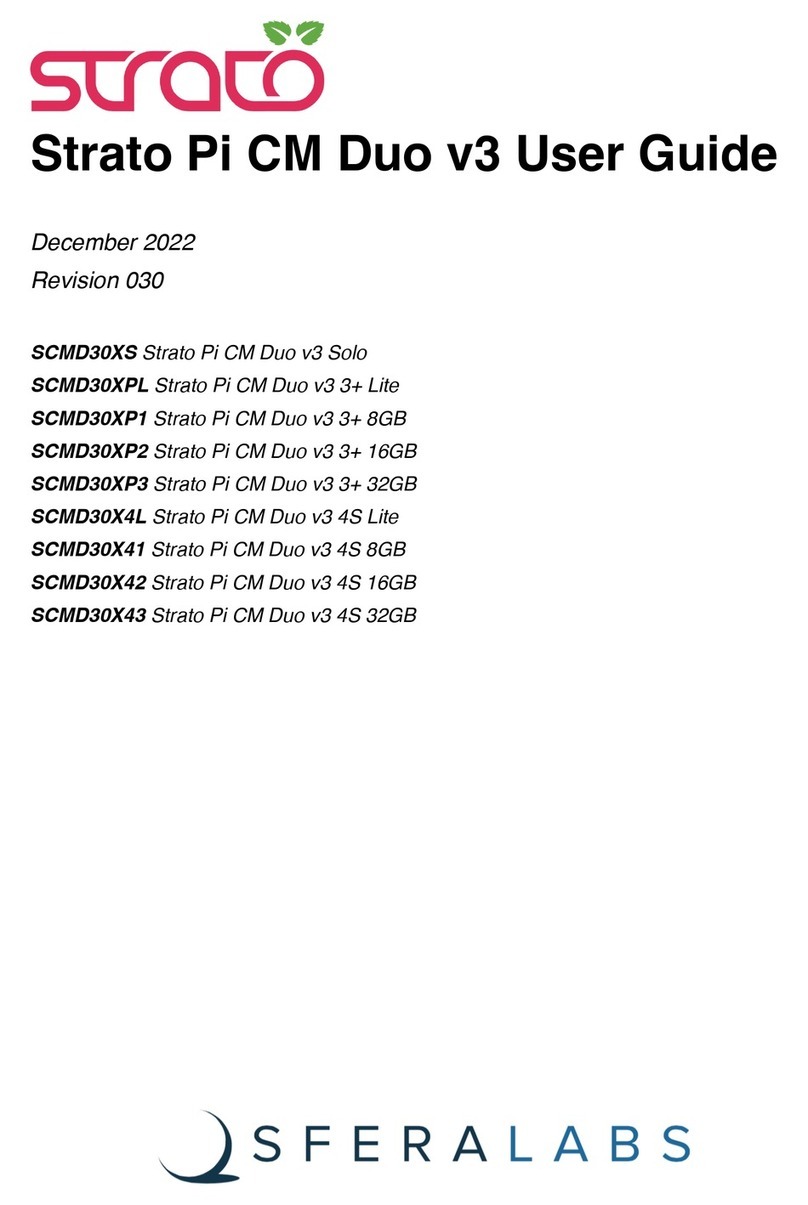
Sferalabs
Sferalabs strato Pi CM Duo v3 User manual

Sferalabs
Sferalabs Strato Pi CAN SPMC12X User manual
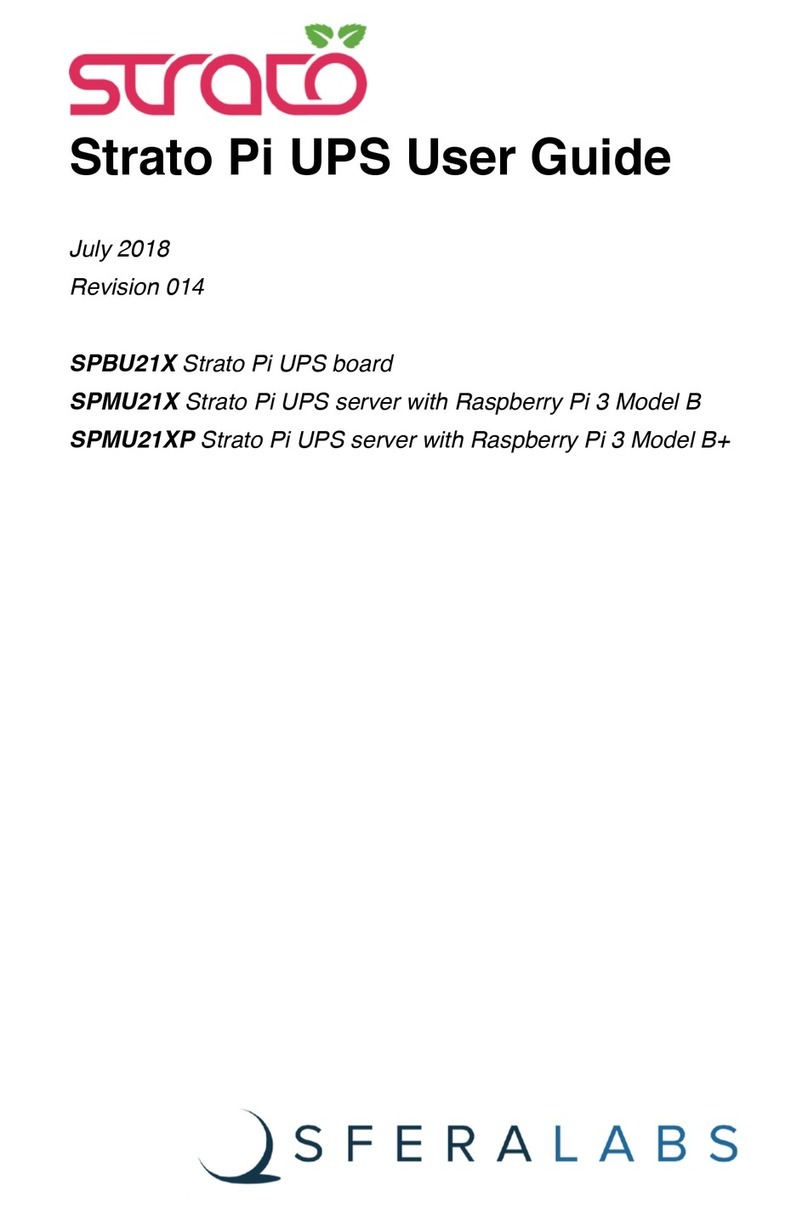
Sferalabs
Sferalabs Strato Pi UPS User manual

Sferalabs
Sferalabs Strato Bi Base SPMB30X41 User manual
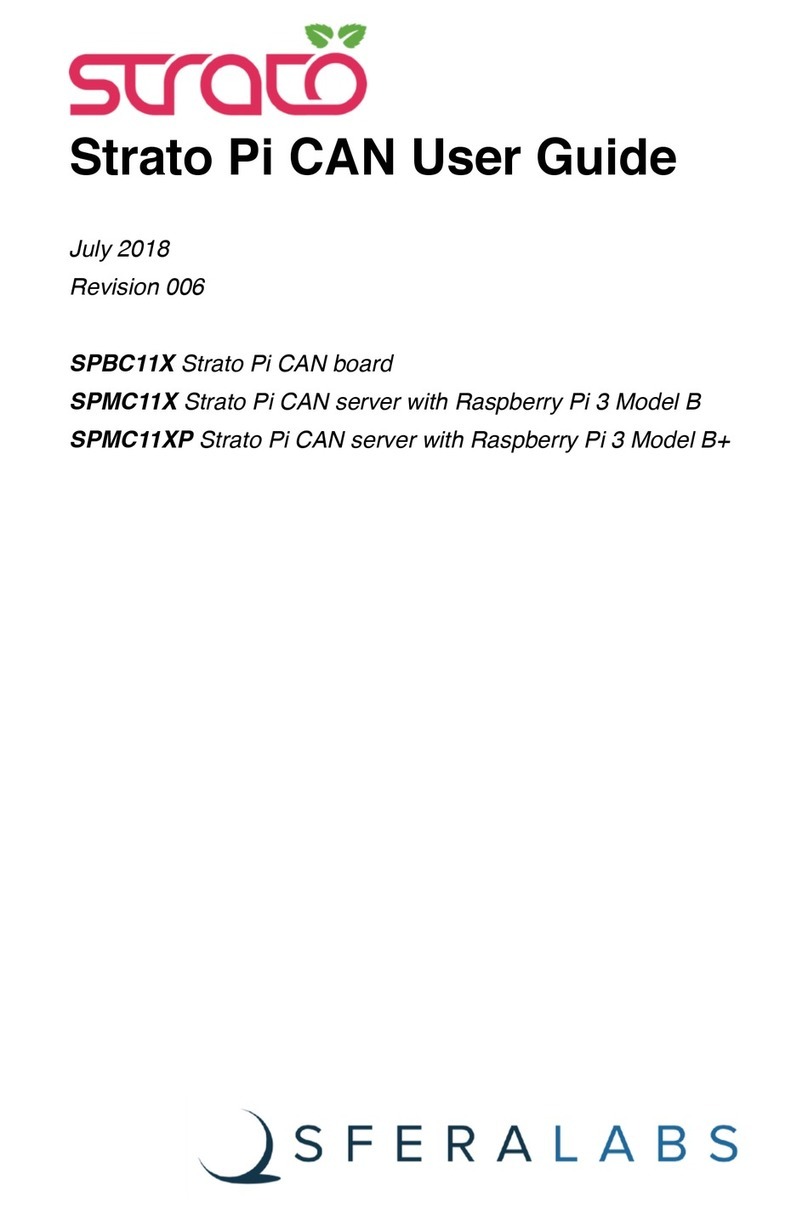
Sferalabs
Sferalabs Strato Pi CAN User manual
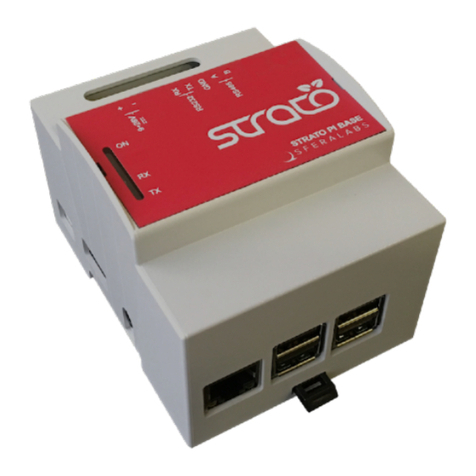
Sferalabs
Sferalabs Strato Pi Base SPMB30X User manual

Sferalabs
Sferalabs strato Pi CM Duo User manual
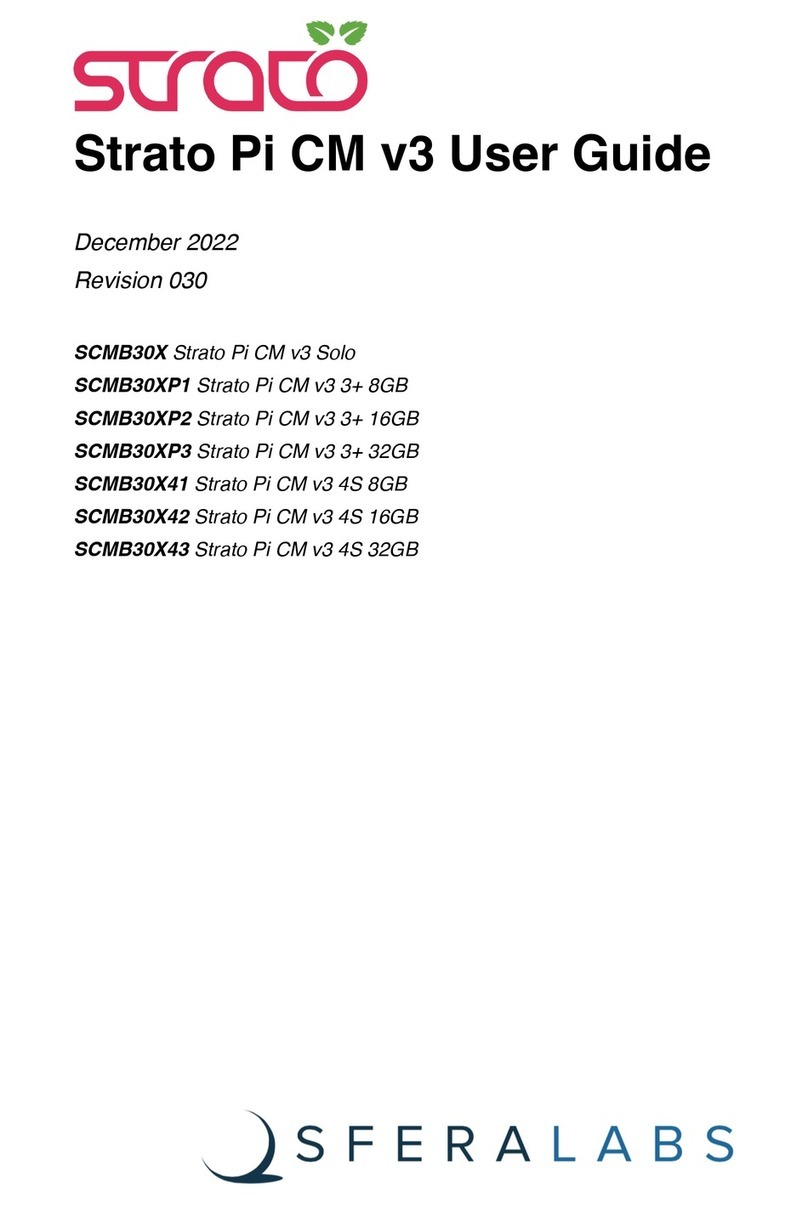
Sferalabs
Sferalabs strato Pi CM v3 User manual
Popular Server manuals by other brands
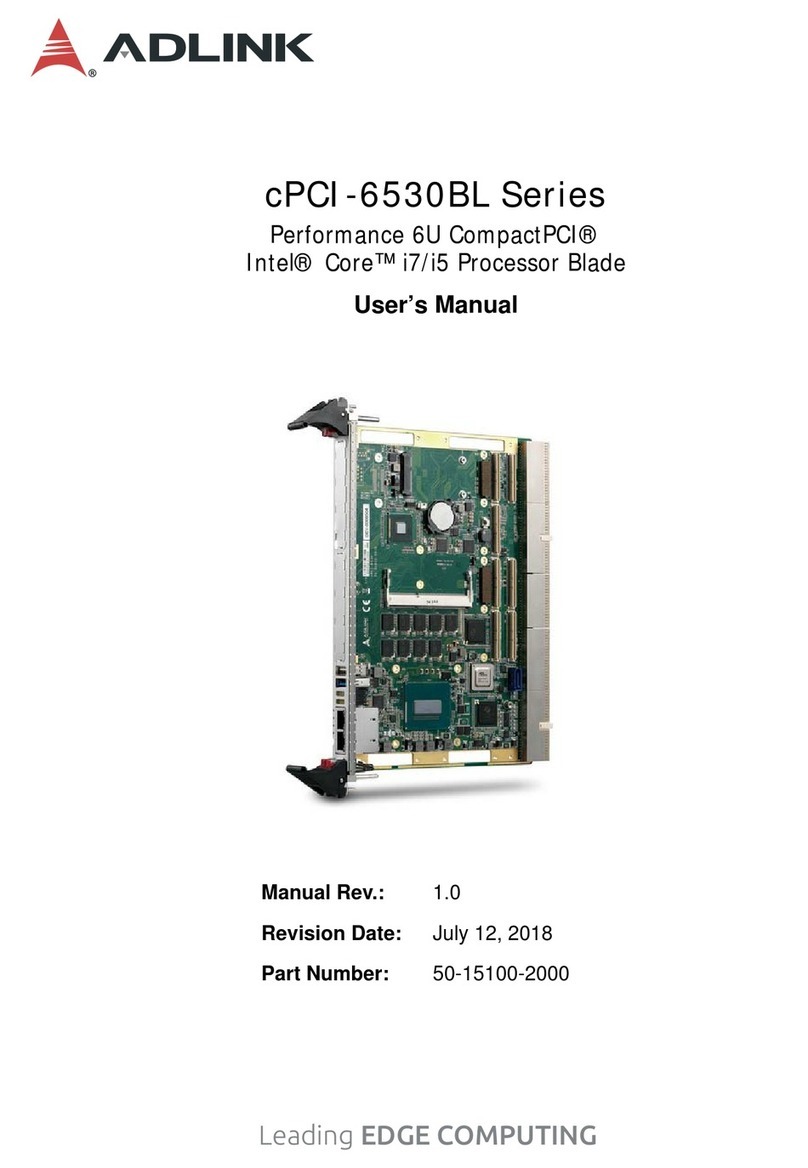
ADLINK Technology
ADLINK Technology cPCI-6530BLV user manual

Pulsar
Pulsar Ametek CH44-VER07 manual
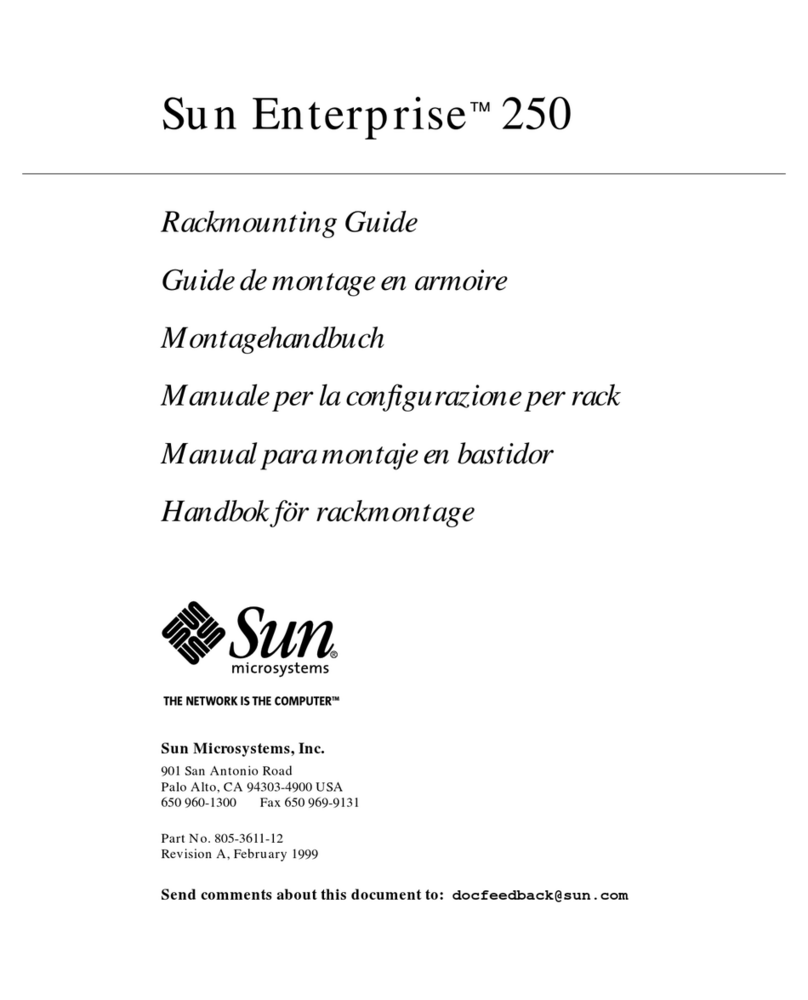
Sun Microsystems
Sun Microsystems Enterprise 250 Rack Mounting Guide

ICP DAS USA
ICP DAS USA PDS-220F Series user manual
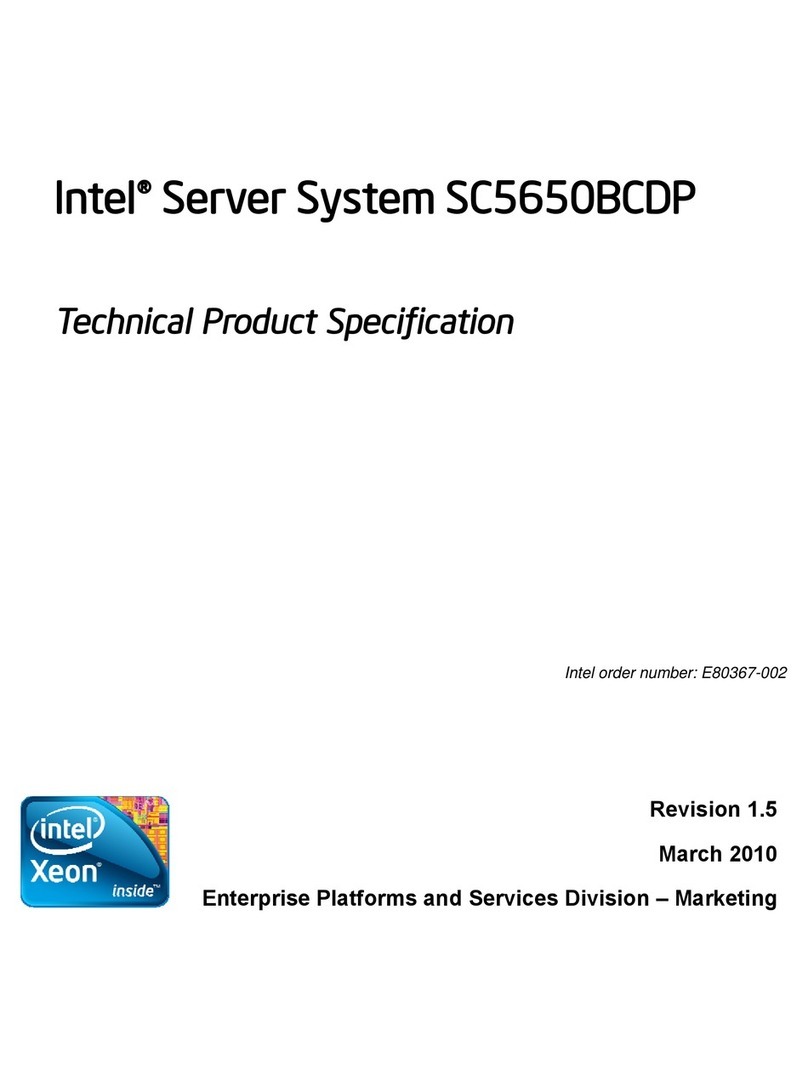
Intel
Intel SC5650BCDP Technical product specification
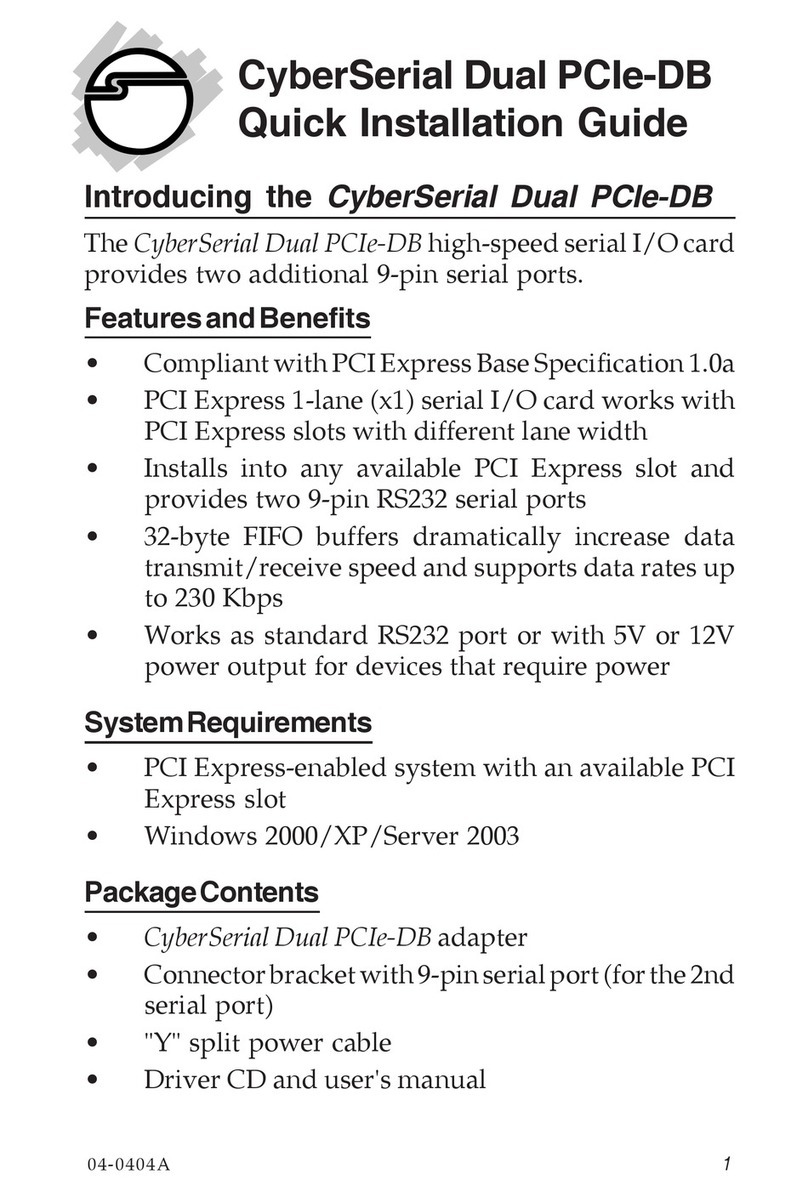
SIIG
SIIG JJ-E10D11-S2 Quick installation guide

